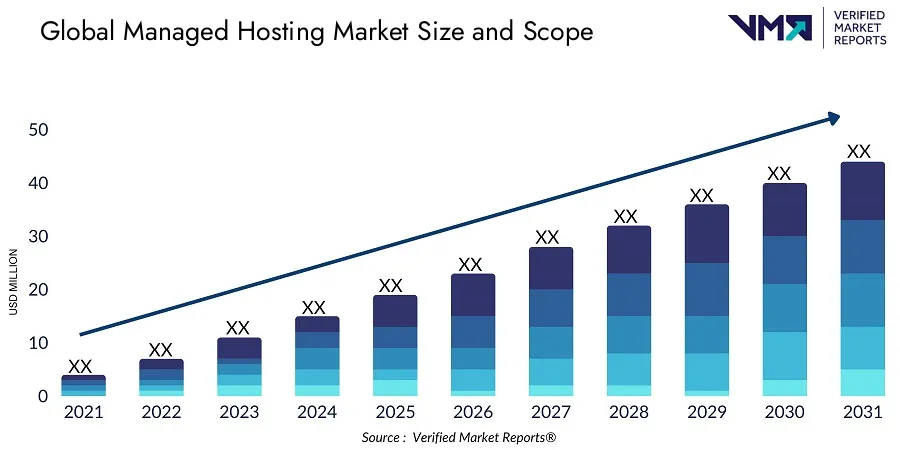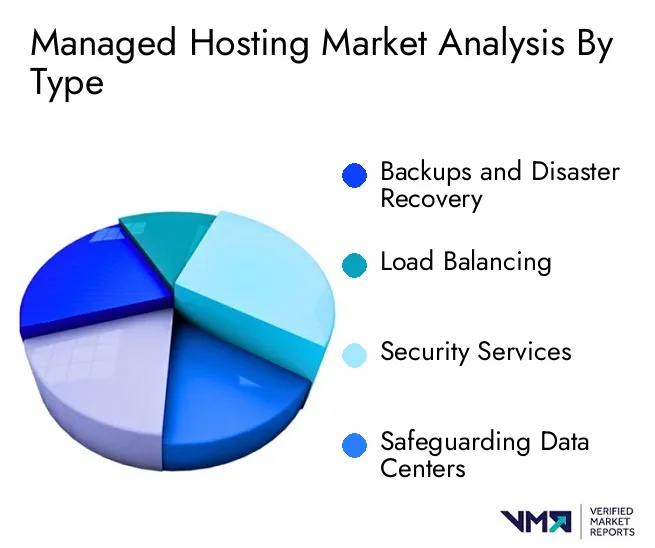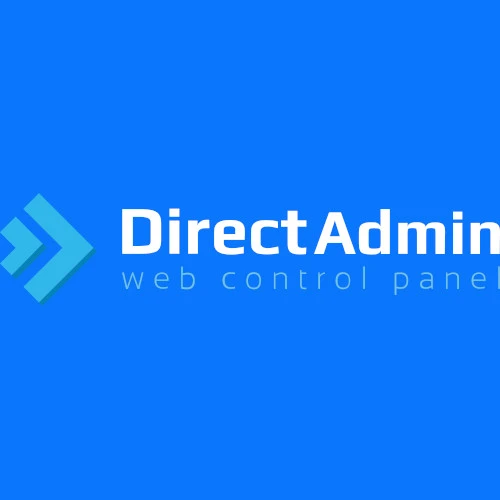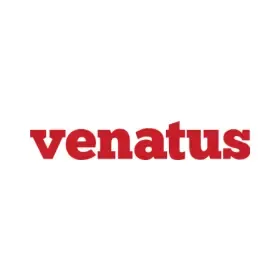The Best Managed Hosting Service Providers
Verified reports from the market valued the managed hosting market size at USD 108.56 Billion in 2023 and it is projected to reach USD 395.85 Billion by 2030 growing at CAGR of 20.3%. Managed hosting is where the provider takes care of the setup, administration, management, and support of the server and/or application. The provider takes care of the different technical aspects of website management on behalf of publishers. Managed hosting simplifies website hosting and management for publishers, allowing them to focus on creating and publishing content without having to worry about technical details.
The provider makes sure that the website or the application is up and running at all times. This helps publishers leverage the expertise of the hosting provider and offload the technical responsibilities, freeing up their time and resources to focus on creating high-quality content.

Overview of Managed Hosting Services
Managed hosting services essentially are dedicated to offering complete management services for the hosting infrastructure of the company. This includes a variety of services designed to satisfy the demands of the businesses to help them focus on their major skills.
Several aspects can define the quality in managed hosting business like dependability and uptime, reduction of downtime and security.
Benefits of Managed Hosting Service Providers
The managed hosting service providers take care of the technical aspects of website management and help publishers be focused on creating and publishing content. Here are some benefits that publishers get from using managed hosting:
- Greater technical expertise: These services have a team of experienced professionals who handle technical tasks such as server setup, configuration, maintenance, and security. This frees up publishers from having to manage technical aspects and allows them to focus on their core competencies of creating and publishing content.
- Enhanced security: Publishers get robust security measures like regular security updates, malware scanning, firewalls, and proactive monitoring to protect websites from potential security threats. It ensures that publishers' websites and their content is safe from cyber-attacks, which is especially important for websites that handle user data or conduct transactions.
- High performance: These providers optimize server configurations for performance, including caching, content delivery networks (CDNs), and other performance-enhancing technologies. It helps achieve faster website loading times and improved overall performance, providing a better user experience for visitors to the publisher's website.
- Customization options: They offer customization options tailored to the specific needs of publishers. This can include options for website scalability, traffic management, resource allocation, and content management systems (CMS) optimizations.
- Backups and disaster recovery: Managed hosting providers offer regular backups of websites and have disaster recovery plans in place to ensure that publishers' content is protected and can be easily restored in case of any data loss or website downtime.
All in all, managed hosting helps publishers be at peace with improved performance, enhanced security, customization options, and reliable technical support, helping them focus on their business objectives of creating and publishing content.
Managed Hosting by DirectAdmin provides a fully managed server environment where the hosting provider handles server maintenance, security, updates, and technical support. It allows businesses to focus on their website or application while experts ensure optimal performance, reliability, and scalability.
Heart Internet offers fully managed VPS hosting that provides you all the power, customisability and scalability. A strong backend expert hand monitors your servers to allow you to focus on business. The team is always ready to come to rescue and help with set ups, optimizations and security tasks as required.
Among other resource-rich hosting plans is the Managed Hosting plan by JustHost which also boasts of solid uptime, affordable pricing and reliable customer service. For sites that are growing and require both power and flexibility, JustHost is the ideal choice.
Managed hosting services offer solutions to businesses according to their needs. The increase in demand for managed hosting service providers is fuelled by the need for organizations to cut down on costs on be focused on their core business. These providers offers a range of services like server management, application hosting and storage with data backup and disaster recovery.

How to Choose the Best Managed Hosting Service Providers?
There are too many managed hosting service providers available in the market. Here are some factors to consider when choosing the bestmanaged hosting provider to help you make an informed decision:
- Understand your requirements: You should start with an assessment of your specific hosting requirements. You must consider factors like the size and complexity of your website, probable traffic levels, the need for customization, and any special features or applications that you might require.
- Research hosting providers: You must thoroughly research the different managed hosting providers available in the market. Find reputable providers that have a solid track record of reliability, performance, and security. Read reviews, compare pricing plans, and check their service level agreements (SLAs) to ensure they meet your requirements.
- Evaluate technical expertise: Check out the technical expertise of the hosting provider. Find providers that have a skilled team of professionals who can manage the technical aspects of website hosting. You must check their credentials, certifications, and experience in handling similar websites or applications.
- Check security measures: Security is really important as websites often handle sensitive user data. Check the security measures offered by the managed hosting provider, such as regular security updates, malware scanning, firewalls, and proactive monitoring. Ensure that the provider follows best practices for data security and compliance with relevant regulations.
- Performance optimization: Consider the performance optimization measures offered by the hosting provider. Look for features such as caching, content delivery networks (CDNs), and server configurations that are optimized for performance. Faster website loading times and improved overall performance can enhance the user experience and help you retain visitors.
- Customization options: Check out the customization option offered and check if they provide options for scalability, traffic management, resource allocation, and content management systems (CMS) optimizations that align with your specific needs. Customization options can provide flexibility and control over your website's performance and scalability.
- Backup and disaster recovery: Check if the backup and disaster recovery options are provided by the hosting provider. Regular backups and a robust disaster recovery plan are essential to protect your website's data and ensure business continuity in case of any unforeseen events.
- Technical support: Evaluate the level of technical support offered by the managed hosting provider. Look for 24/7 technical support with quick response times, multiple support channels, and knowledgeable support staff to assist you with any technical issues or questions.
- Pricing and scalability: Compare the different pricing plans offered by different managed hosting providers with regard to your budget and long-term scalability requirements. Consider factors such as pricing tiers, additional charges for extra resources or services, and any contractual commitments.
Make sure that you consider these factors when you are choosing a managed hosting service provider and find one that aligns with your specific requirements and provides reliable, secure, and high-performance hosting services.
If you are struggling to find a managed hosting service providers suited for your needs, Publisher Growth can help. We have access to the best video slider ad networks for publishers. Once you sign up, we will examine your content and notify you once we have found the perfect ad network for you to partner with.
Sign up with Publisher Growth here.
Managed Hosting FAQs
Our Editors’ Pick:
Browse these amazing publisher monetization tools handpicked by our team of editors








 (1).webp)


